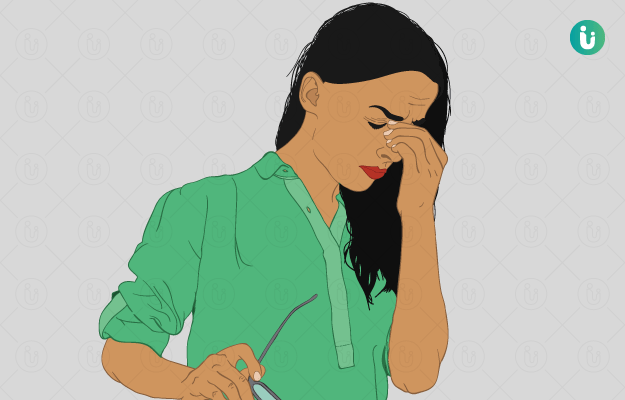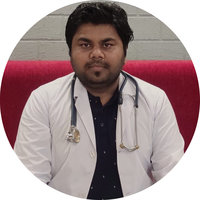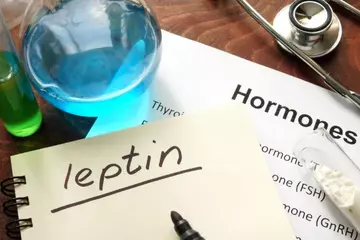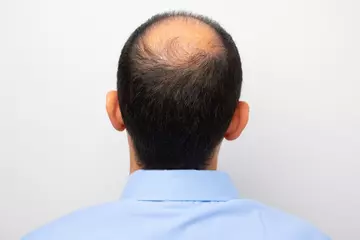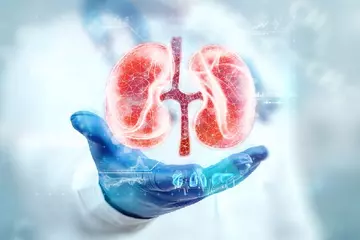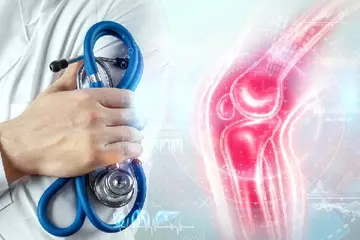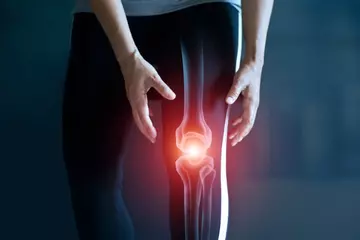What is tension?
Tension is our body’s response to situations, pressures and events of life. Contributing factors for tension and stress are different from one person to another. Having little or no control over circumstances, feeling overwhelmed while dealing with something unexpected or new can lead to tension. Long-term tension and stress can lead to health problems like high blood pressure, obesity and diabetes.
What are its main signs and symptoms?
The main signs and symptoms associated with tension are:
- Sleeplessness
- Lack of self-esteem
- Tiredness
- Depression
- Eating too little or too much
- Getting involved in harmful habits like drinking alcohol and smoking
- Difficulty in concentration
- Loss in weight or gain in weight
- Headaches
- Feeling constantly worried
- Constipation
- Shock and disbelief
- Diarrhoea
- Anxiety
- Muscle pain
- Feeling fearful
- Dizziness
What are the main causes?
The main causes of tension are:
- Stress related to family, work, and personal issues
- Stress disorders, for example, post-traumatic stress disorder (PTSD)
- Loss of a close family member
- Being under too much pressure
- Pessimism
- Major life changes
- Having a baby
How is it diagnosed and treated?
A doctor goes through the medical history and conducts a physical examination to diagnose stress.
Tension is treated using the following methods:
- Cognitive behavioural therapy: This therapy helps exclude negative feelings and thoughts from the mind and keeps a person calm and positive. It helps in providing relief from sleeping and eating issues and habits like alcohol misuse.
- Relaxing techniques: Relaxation techniques like meditation, yoga and Tai Chi or aromatherapy with essential oils along with social support and deep breathing exercises are recommended to relax the mind.
- Physical activity: Regular physical activity is recommended to improve the mood and reduce muscle tension.
- Group therapy and psychology sessions: Participating in open group and closed group sessions are recommended to help develop emotions, improve social skills and be confident.
- Therapy for addictions like alcohol use disorder, cannabis use disorder, opioid use disorder and tobacco use disorder.

 Doctors for Tension
Doctors for Tension  OTC Medicines for Tension
OTC Medicines for Tension

